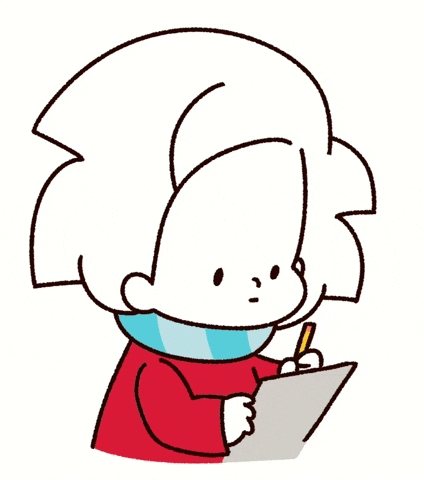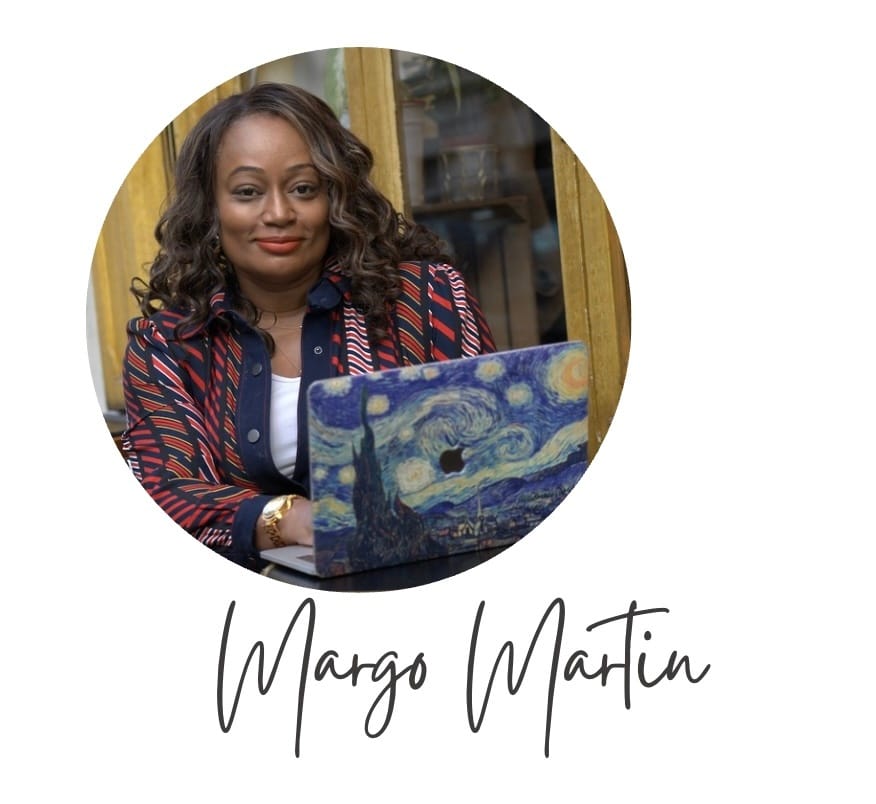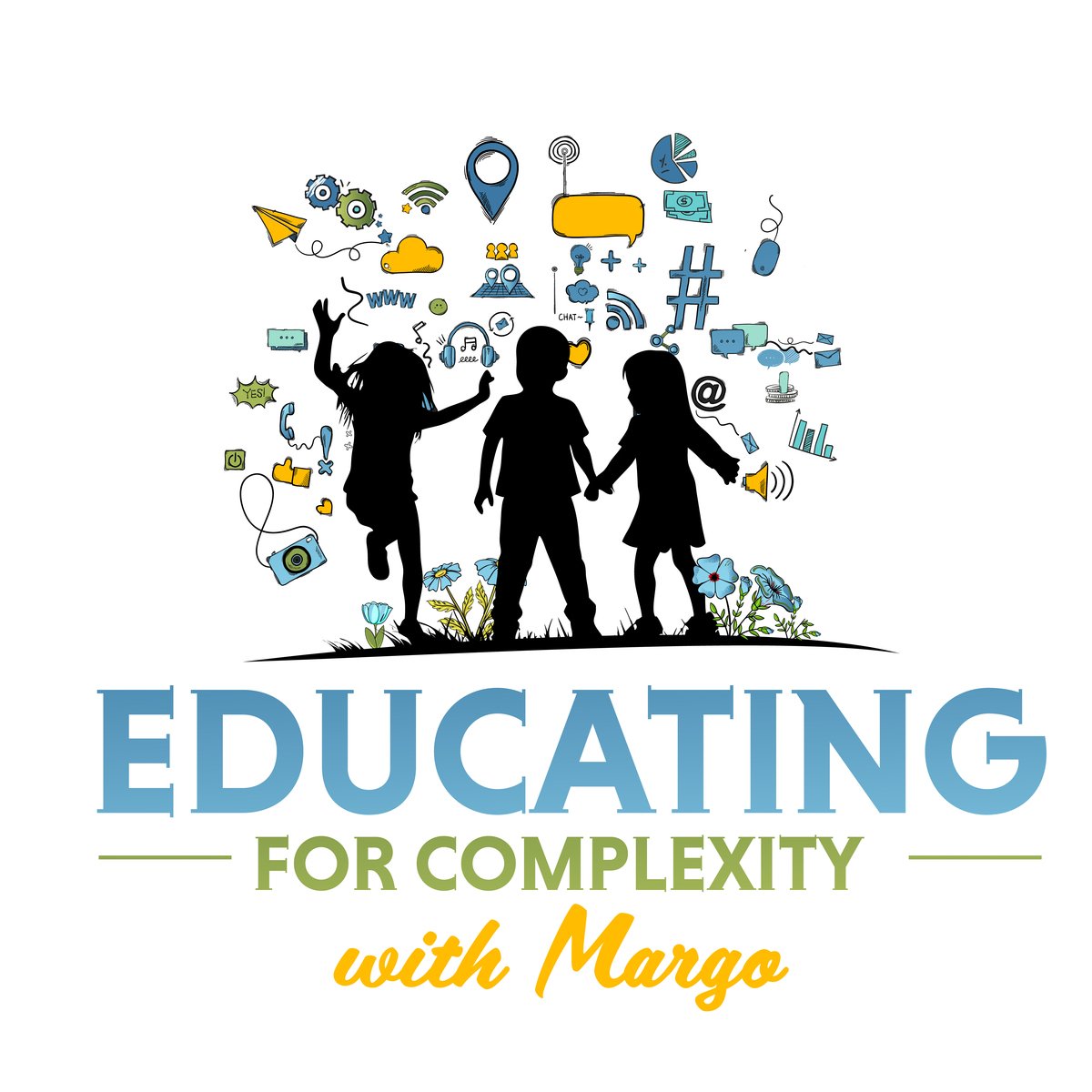EFC Issue #11
Tuesday, July 1, 2025
Hello EFC parents, thought leaders:
I am so glad you are sharing this time with me. Inbox time is sacrosanct so let me know if I deserved it this week with an email to: [email protected]
In this issue we have the following:
A Big Idea: School Shopping for the Future: How to Pick a Place That Sparks Passion, Grit, ad Genuis
Ideas with Consequences: Two round up articles that revisit previous conversations about safeguarding your kids ability to still learn to think critically instead of take on the law of average thinking from AI
Intellectual Integrity Spotlight: Why you need to fight for student portfolios as the primary was to asses in your school NOW
Let’s dive into the Big Idea first then just roll up your sleeves for the rest..
Our sponsor at Educating for Complexity with Margo is 1440. Do you know why they were named 1440? Explore the link and scroll to the bottom of their page as it is certainly an interesting historical fact that could appear on Jeopardy.
Receive Honest News Today
Join over 4 million Americans who start their day with 1440 – your daily digest for unbiased, fact-centric news. From politics to sports, we cover it all by analyzing over 100 sources. Our concise, 5-minute read lands in your inbox each morning at no cost. Experience news without the noise; let 1440 help you make up your own mind. Sign up now and invite your friends and family to be part of the informed.
A BIG IDEA
School Shopping for the Future: How to Pick a Place That Sparks Passion, Grit, and Genius
It’s that time of year when suitcases are packed, and some families are gearing up for more than just a beach vacation. For parents like my friend Suzanne, who’s relocating her family to Riyadh, Saudi Arabia, the to-do list includes a high-stakes task: choosing the right school for their kids. It’s like trying to pick the perfect Airbnb for your soul—except this choice shapes your child’s future in a world of uncertainty.
Suzanne, a savvy mom with a knack for research, recently grilled me for advice. Having worked in Riyadh supporting a royal-owned founding school, I had some thoughts. She’d already scoured school websites, checked out extracurriculars, and joined expat groups like “Moms in Riyadh” on Facebook and InterNations. “Margo,” she said, “I’ve got the lowdown on programs, parent vibes, and even PISA scores. What am I missing?” I said…Oh, Suzanne, let’s unpack this like a moving truck.

Is this school the right place to support persistence, passion and authentic critical thinking?
Suzanne’s Starting Line: The Good, the Limited, and the “Hmm”
Suzanne’s approach is a solid first lap. School websites offer a glossy brochure of programs—think robotics clubs or debate teams—and a schedule of activities. Expat parent groups? They’re gold for unfiltered scoop: Is the math teacher a rockstar or a snooze? Do kids thrive or just survive? And standardized tests like PISA and MAP? They give a snapshot of academic performance. But here’s the catch: this data is like judging a movie by its trailer. It’s a start, but it doesn’t tell the whole story.
Websites: Great for basics—curriculum, clubs, maybe a shiny mission statement. But they’re curated, not candid. You won’t find “our cafeteria food is meh” on the homepage.
Parent groups: These are your backstage pass to the school’s vibe. Parents spill on teaching quality, social events, and whether their kid feels seen. But it’s anecdotal—your kid isn’t theirs.
PISA and MAP: PISA tests 15-year-olds on reading, math, and science literacy, aiming for real-world application. MAP, adaptive and K-12, tracks growth in core subjects. Both are useful but narrow. PISA misses creativity and emotional intelligence, offering system-level insights with little for individual kids. MAP skips broader skills like critical thinking or collaboration, vital for a “future-ready” mindset.
Suzanne’s research is a springboard, but to find a school that nurtures passions, sharpens critical thinking, and unleashes creator skills, she needs to dig deeper. Here’s how to shop for a school that preps kids for a world where AI, climate shifts, and who-knows-what-else demand adaptability and grit.
IDEAS WITH CONSEQUENCES
This week, my thoughts have oscillated between the subtle undercurrents of AI’s long-term impact and the loud, sweeping declarations saturating every post, article, and podcast that’s fit to publish. I keep circling back to one question: What is actually worth knowing? Why are we racing at warp speed to fuse every aspect of life with AI, stripping decision-making from human hands—even if AI can do it faster and more efficiently?
It’s a question that’s nudged me back toward some thought-provoking works I’ve been chewing on these past few months. I figured I’d share the roundup with you.
Buckle up, parents and educational thought leaders of EFC—Sam Altman, the CEO of OpenAI posted an intriguing blog that reminded me of my initial thoughts of singularity five years ago. In the post, “The Gentle Singularity” Sam warns we’re zooming toward a future where AI superintelligence amplifies human potential. By 2030, kids could code, create, and innovate at warp speed, thanks to AI tools boosting productivity and scientific breakthroughs. For school shoppers like Suzanne, this means prioritizing places that spark passion and grit, teaching kids to wield AI for real-world problem-solving. Altman’s vision of abundant intelligence demands schools that nurture emotional intelligence and creativity alongside tech skills. Choose wisely—your kid’s future isn’t just bright; it’s exponential.
Source: Altman, Sam. “The Gentle Singularity.” Sam Altman, 25 Mar. 2025, blog.samaltman.com/the-gentle-singularity.
#2
This article resonated with a post that I shared with you a month ago regarding the fight to keep intellectual integrity for our children and teens still learning how to become unique critically thinkers in a world on sameness. This research in an MIT study had 3 groups of students were challenged to write a SAT-style essay using this prompt:
Must our achievements benefit others in order to make us truly happy?”
In this study each group had a different approach to writing the essay: one using only their brains, another with Google Search, and the third with ChatGPT. Brain activity, measured via headsets, showed ChatGPT users had less activity, reduced alpha (creativity) and theta (working memory) connectivity, and less ownership over their work. However, the biggest surprise is that the essays using ChatGPT converged on common themes, like career success, and lacked divergent opinions compared to other group. This obviously shows that the language model that is averaging the language ito write the essay is giving the same responses to everyone. For those who are doing any thinking they are being programmed to believe ideas that they are not even questioning. They are accepting the suggestions without any reflection. This reminds me of the show from the smart robot in Lost in Space who tells William:”Danger Will Robinson". However this robot was being truly helpful, at least I like to think so.
#3 Student Challenge & Contest - Work published on EFC Website and a chance to win a prize
Instead of a third article this week, I thought we could do a special challenge.
Have your kid, tween or teen respond to the following prompt. All entries will be published in our next newsletter to celebrate and entered in a live random drawing for one of the 3 winners will receive an Amazon gift card for 35 euros.
Must our achievements benefit others in order to make us truly happy?”
No Chat-GPT please.
Entries due by July 15, 2025 to [email protected]

INTELLECTUAL INTEGRITY SPOTLIGHT
A Sticky Situation: Reimagining Education for a Brave New World
We've stumbled into a bit of a pickle, haven't we? Our education system is stuck in the mud, refusing to evolve while the world around it transforms at breakneck speed. Artificial intelligence just keeps getting bette, not waiting even for moderation on how its implemented before the next version is implemented. I see changes running full steam ahead reshaping banking, finance, government, as it redefines work, human purpose, and what it means to be human. Yet, our outdated methods of assessing kids—those dusty report cards and standardized tests—still dictate what’s “important” to know, as if memorizing facts were the golden ticket to carving out a future where our kids will be able to have credibility of what they are able to do.
In this new jungle, it is evident that the real kings are those who can wield conceptual and factual knowledge to create, innovate, and tackle emerging problems. But change in education? It’s like honey dripping into tea—slow, sticky, and not exactly sweetening the deal for kids. We’re still chaining students to rote learning when we should be setting them free to explore, experiment, and grow.
Why aren’t we seeing more portfolio-based learning as the central was for our kids and teachers documenting learning. Portfolios let students take the reins, showcasing their passions, progress, and unique journeys. They’re not just a collection of work; they’re a vibrant story of growth that knowledge-based tests could never tell. Imagine a system where a student’s ability to build, question, and dream is celebrated over their knack for bubbling in the right answer. That’s the future we need—one where learning is a living, breathing adventure, not a one-size-fits-all checklist.
Why are we still playing these games like below with our kids? You know we are almost at singularity!

Please vote below to help me improve the Big Idea posts.
Thanks for sharing your thoughts in the survey. How about a quick email to let me know your what you think? [email protected]
As always I appreciate you showing up and leaning in to this week to daring ideas about student portfolios, how to shop for a great school that fosters intellectual integrity, passion and authentic learning, and considering coaching your kid to enter my student challenge contest above.
See you in your in-box next week. Simply the complex.
With love from Luxembourg,




